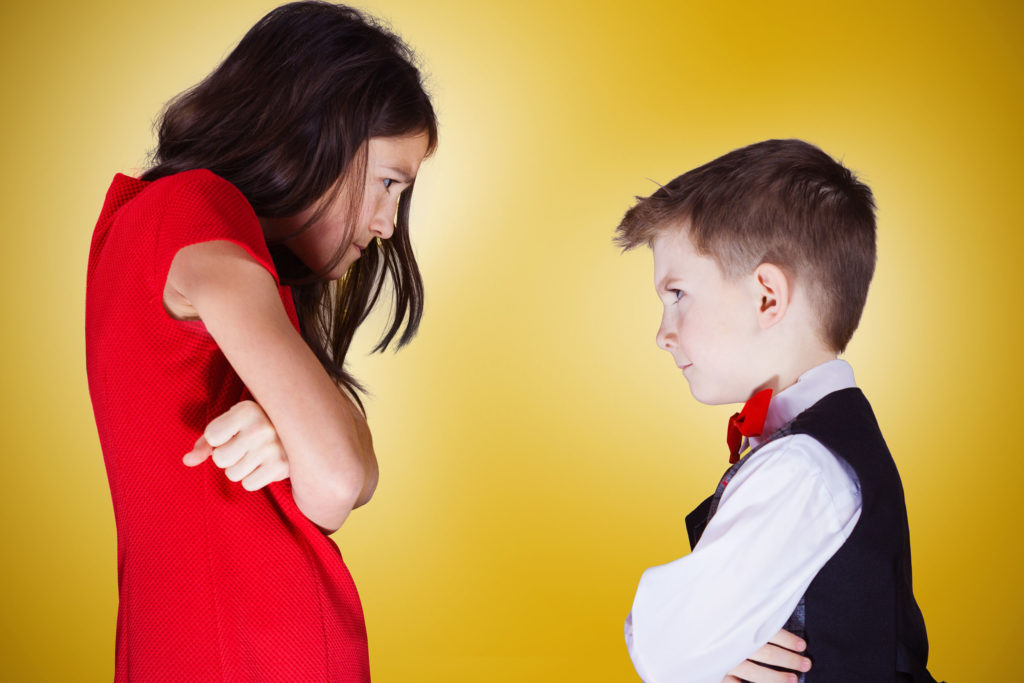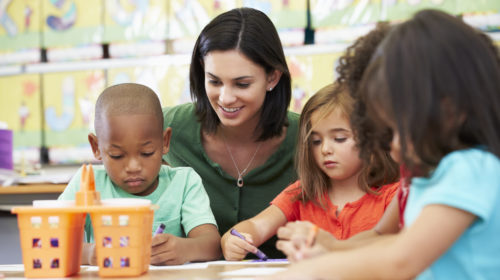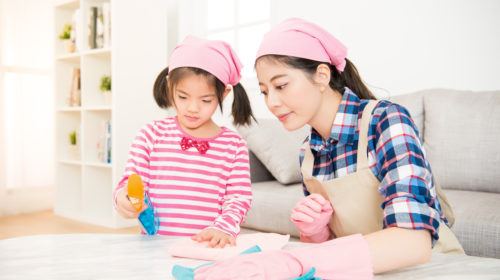How to Teach Kids Fairness
Fairness in a lot of cultures is a fundamental moral value. At a very early age, children get a sense of justice and fairness in their lives. When children protest that they are not being treated fairly they are complaining about not getting what they want and not so much about being fair. They like to give the appearance that they are being fair.
It’s a good idea for parents to start a conversation about fairness by discussing collaboration. Kids feel that with collaboration, whatever work that is done is done together and the rewards are to be shared. An example that can be given to children, is that when people work together to win prizes and only one person keeps the reward it is not fair to the other members that have also worked towards it not to share in the prize. From here you can ask your child to reflect on how he or she would feel. This not only gets your child into the habit of thinking about fairness but also promotes creative thinking and problem solving skills, as well.
One can promote fairness in interpersonal settings by getting your child to engage in conflict situations where parents along with their children can come up with fair solutions that can be adapted by the whole household. It can also be helpful to ask children to role play or explain situations from the perspective of people who disagree with them.
As children become adept to thinking and talking about fairness inside their own settings they can start creatively thinking about fairness in society today. Parents can also get involved and help their children in dealing with issues of unfairness and inequality in a more sophisticated way.
As children get older parents can discuss more complex issues that adults grapple with on a daily basis. Together they can engage in solutions that can benefit the community as a whole and not individually. These conversations can develop a better sense of what it means to be fair and think about what they can do to promote fairness in their own relationships and in the world overall.
Adapted from “Talking with Kids about Fairness” by Gail Heyman, Ph.D




